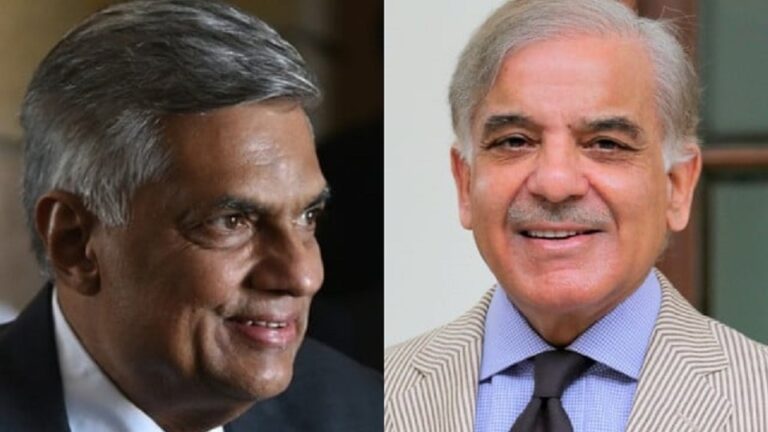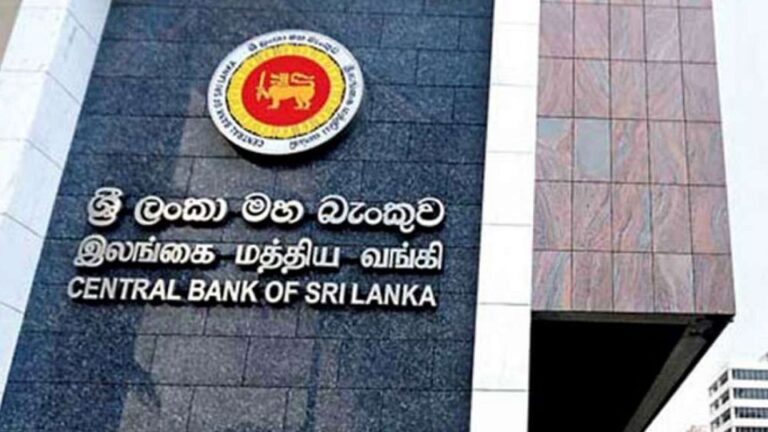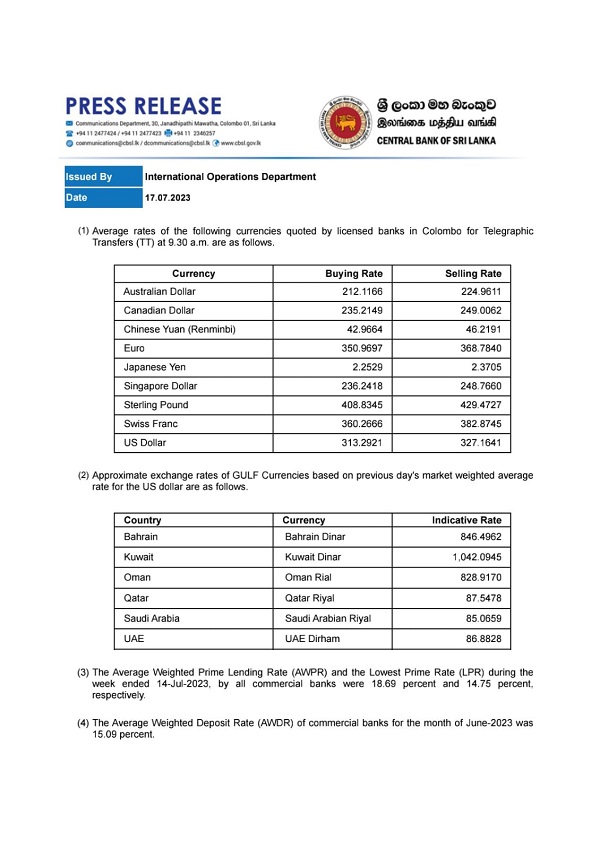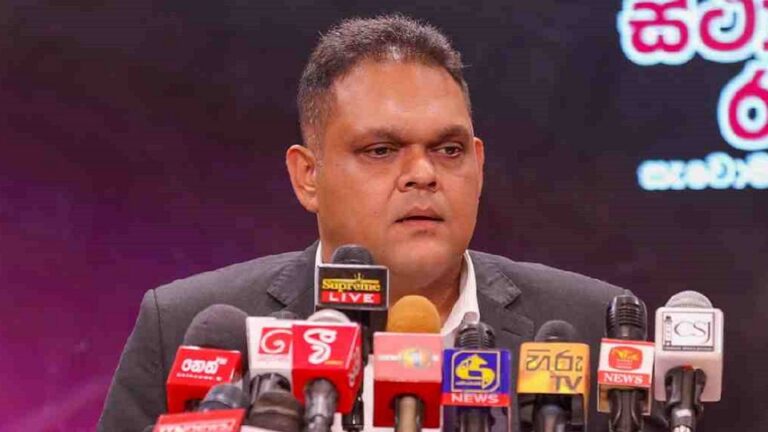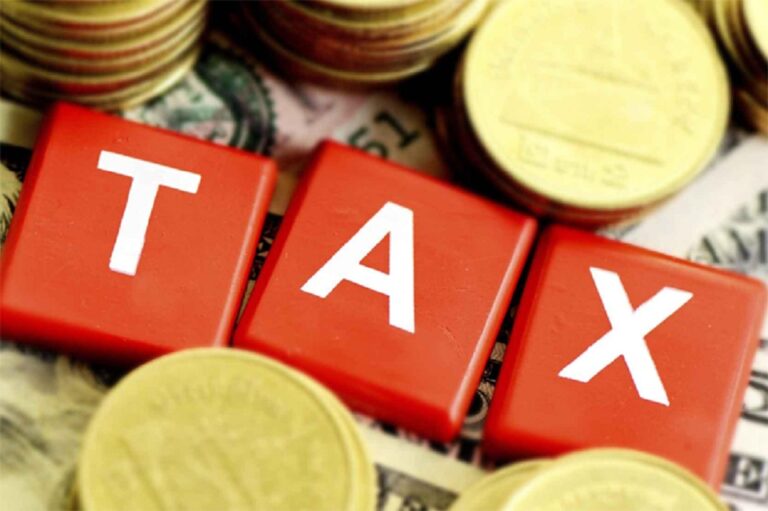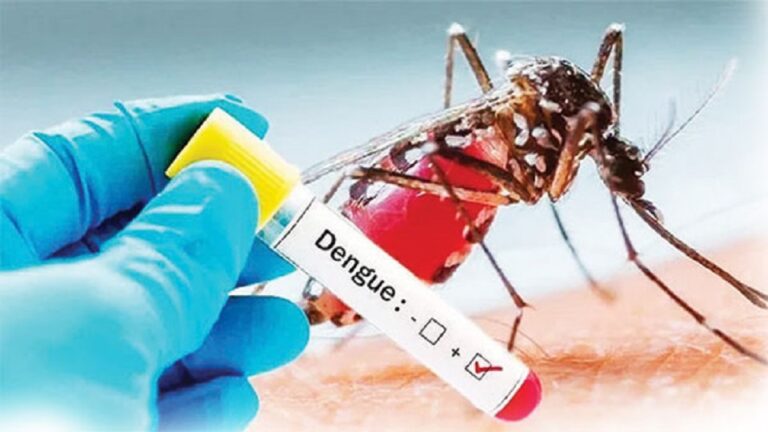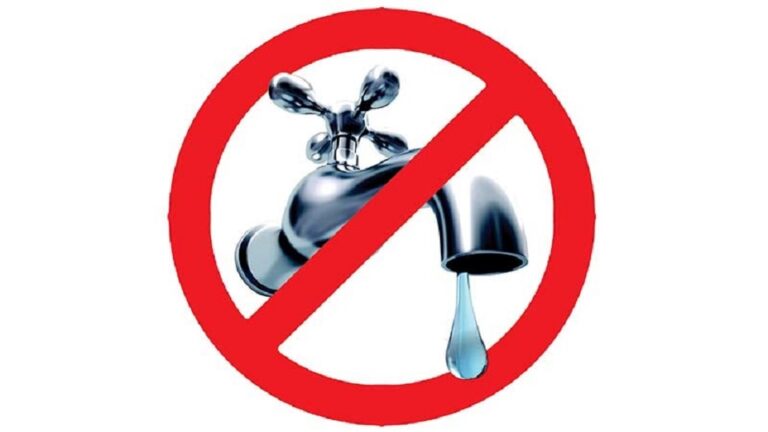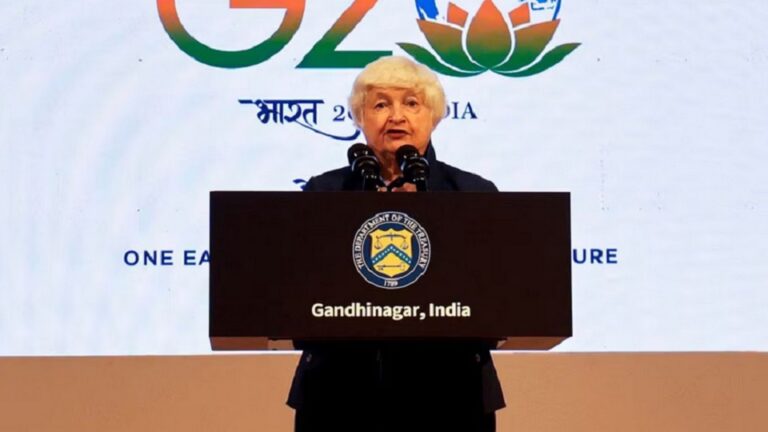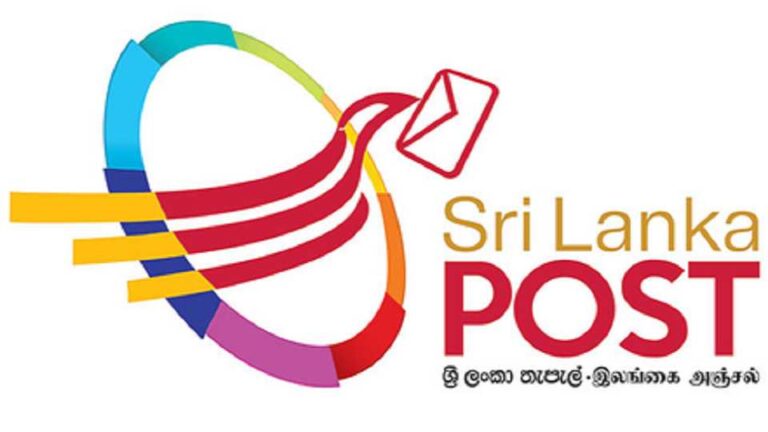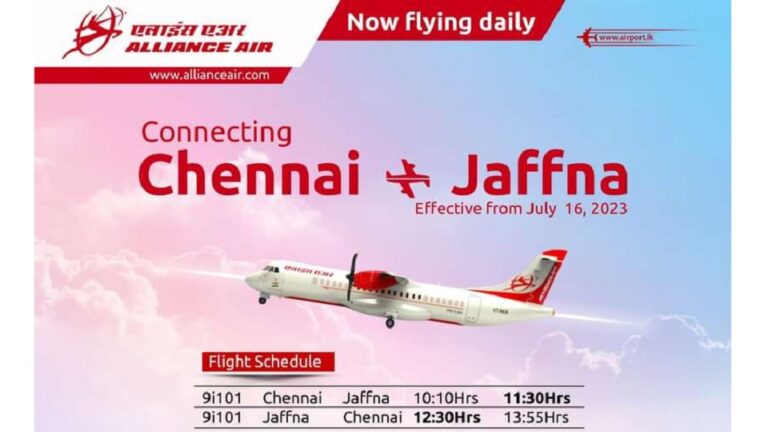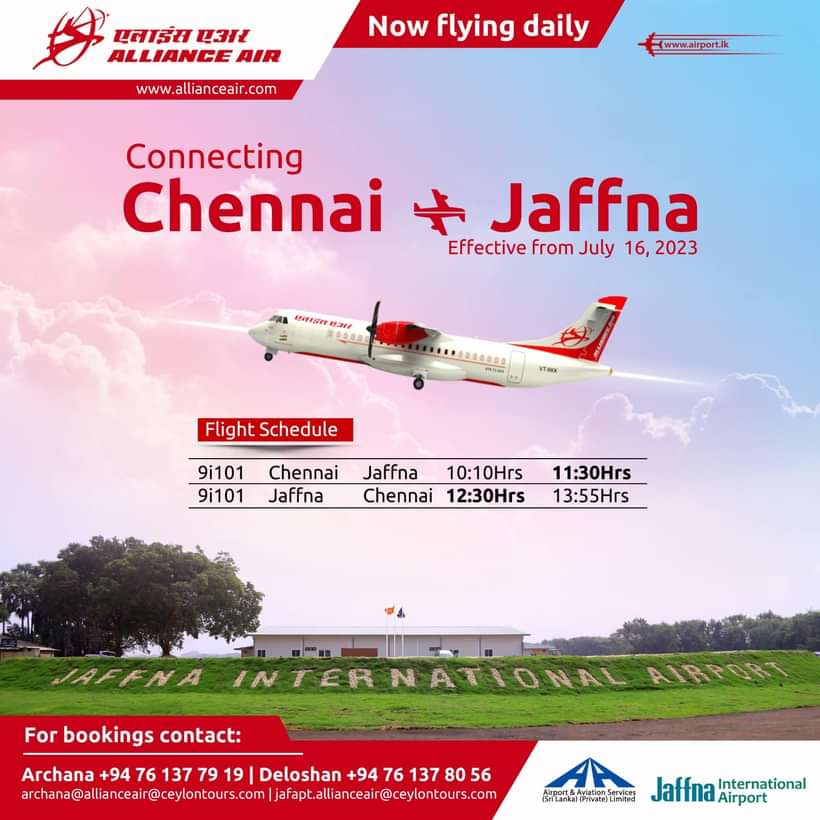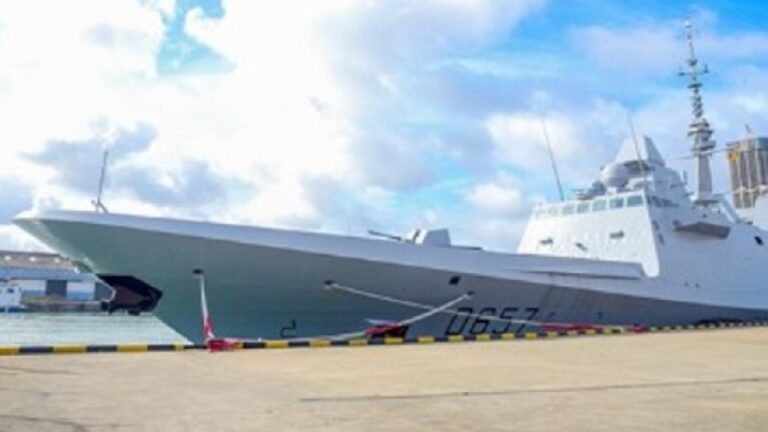Prime Minister Shehbaz Sharif on Monday expressed his gratitude to Sri Lanka for supporting and helping Pakistan in reaching an agreement with the International Monetary Fund (IMF).
During a telephonic conversation with Sri Lankan President Ranil Wickremesinghe, PM Shehbaz acknowledged the role played by Sri Lanka as a friend and well-wisher of Pakistan.
The PM said both Islamabad and Colombo are close and reliable friends and commended the island nation’s role in regional peace and prosperity.
PM Shehbaz also expressed confidence that the two nations will soon come out of the vortex of current economic difficulties.
Reciprocating the PM’s sentiments of goodwill, the Sri Lankan president said Pakistan is a close friend and helping friends is friendship.
Wickremesinghe appreciated Shehbaz’s efforts in steering the country out of a difficult situation and felicitated him on reaching an agreement with the IMF.
On the occasion of PM Shehbaz’s meeting with Managing Director IMF Kristalina Georgieva, the Sri Lankan President stressed that the IMF should help Pakistan.
The Sri Lankan president had informed the MD IMF about the problems faced by his country due to default and stressed that Pakistan should be saved from this situation.
With sky-high inflation and foreign exchange reserves barely enough to cover one month of controlled imports, analysts had warned that Pakistan’s economic crisis could have spiralled into a debt default in the absence of an IMF deal.
The IMF said that Pakistan’s new SBA-supported programme would provide a policy anchor for addressing domestic and external imbalances and a framework for financial support from multilateral and bilateral partners.
The programme would focus on the implementation of the fiscal 2023-24 budget to facilitate Pakistan’s needed fiscal adjustment and ensure debt sustainability, while protecting critical social spending, the IMF added.
Notably, after receiving another $3 billion in the next nine months under the standby arrangement, Pakistan is set to become the fourth-largest IMF borrower in the world.
On the other hand, the IMF board has conveyed its concerns about Pakistan’s past poor record and advised it to complete the new programme to reduce the trust deficit.
Last week, the premier had also held a telephonic conversation with IMF Managing Director Kristalina Georgieva and assured her that Islamabad was serious this time to bridge the trust deficit.
Source: Tribune


